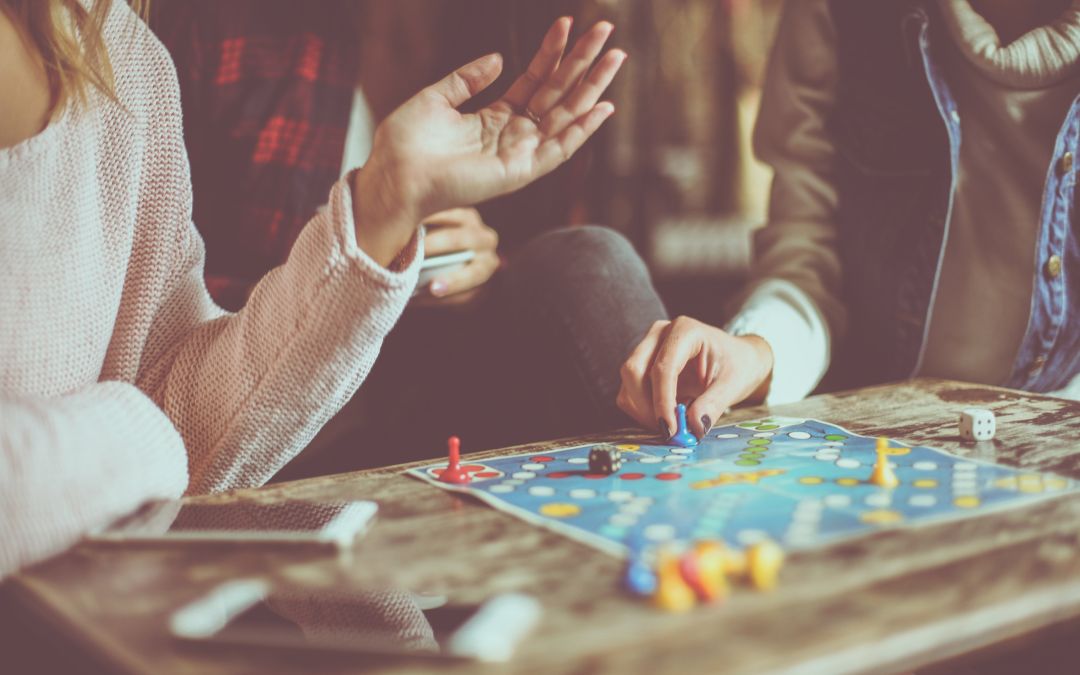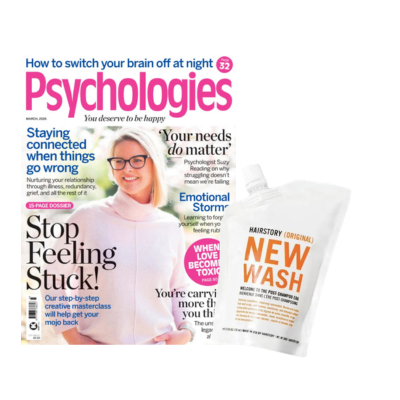The psychology of play: How to play as an adult
We may not fancy the sandpit any more but there’s much to be said for a bit of aimless fun now and again, says Oliver Burkeman

3 minute read
The summer holidays are fading into memory and it’s depressingly easy to look ahead to the following months and see nothing but work. But there is a way to hang onto some of that holiday spirit – and it’s one that will make you a better worker, spouse, parent and friend into the bargain: play. We tell ourselves that play is exclusively for children and growing up means leaving it behind – but a large body of research shows it can help relieve stress, improve brain function, help with trauma recovery and enhance relationships. Play can be anything from board games and outdoor sports to crafts, dance or making music.
There’s a catch, though: if you focus too much on the potential benefits, it stops being play. This is the paradox at the heart of play: it has many positive effects, but it’s only really play if you do it, primarily, for itself – for the joy of engaging in the activity – otherwise, it risks making life less enjoyable. Walking in the park on an autumn day can be blissful, but if you’re wearing an exercise monitor hoping to attain your 10,000 daily steps, it’s all too easy to become focused on that target, instead of the experience, and to see the walk as a chore.
To increase life’s playfulness, we need more of what philosopher Kieran Setiya calls ‘atelic activities’ – pursuits that have no end goal.
Ask yourself what you enjoy, despite – or even because of – the fact that you’re not much good at it. As a writer, if I were to attempt to produce a novel, I couldn’t treat it as play; I’d be unable to stop myself hoping it might be a bestseller. But I love playing the piano – banging out classic Elton John songs – precisely because I never need worry about getting good enough to perform, as my friends and family will confirm.
‘By taking off the pressure of having to excel at or master an activity, we allow ourselves to live in the moment,’ says Karen Rinaldi, author of It’s Great To Suck At Something (Simon & Schuster, £20.76). You can stop trying to be the best, and instead just… be.
The other crucial factor is that play needs some kind of limit or constraint. Games have rules; hikes have a route; a dance has certain steps. That’s why it’s never as fun to veg out in front of the television as you think it’s going to be – there’s no structure. So don’t confuse playfulness with a lack of planning; instead, make a plan to play. If you can play alongside others – singing in a choir, say, or playing board games in a bar – so much the better. Either way, don’t think of it as self-improvement. Toddlers know the truth: the reason to play is to play.
Oliver Burkeman is author of ‘The Antidote: Happiness For People Who Can’t Stand Positive Thinking’ (Canongate, £8.99)
Image: Getty









